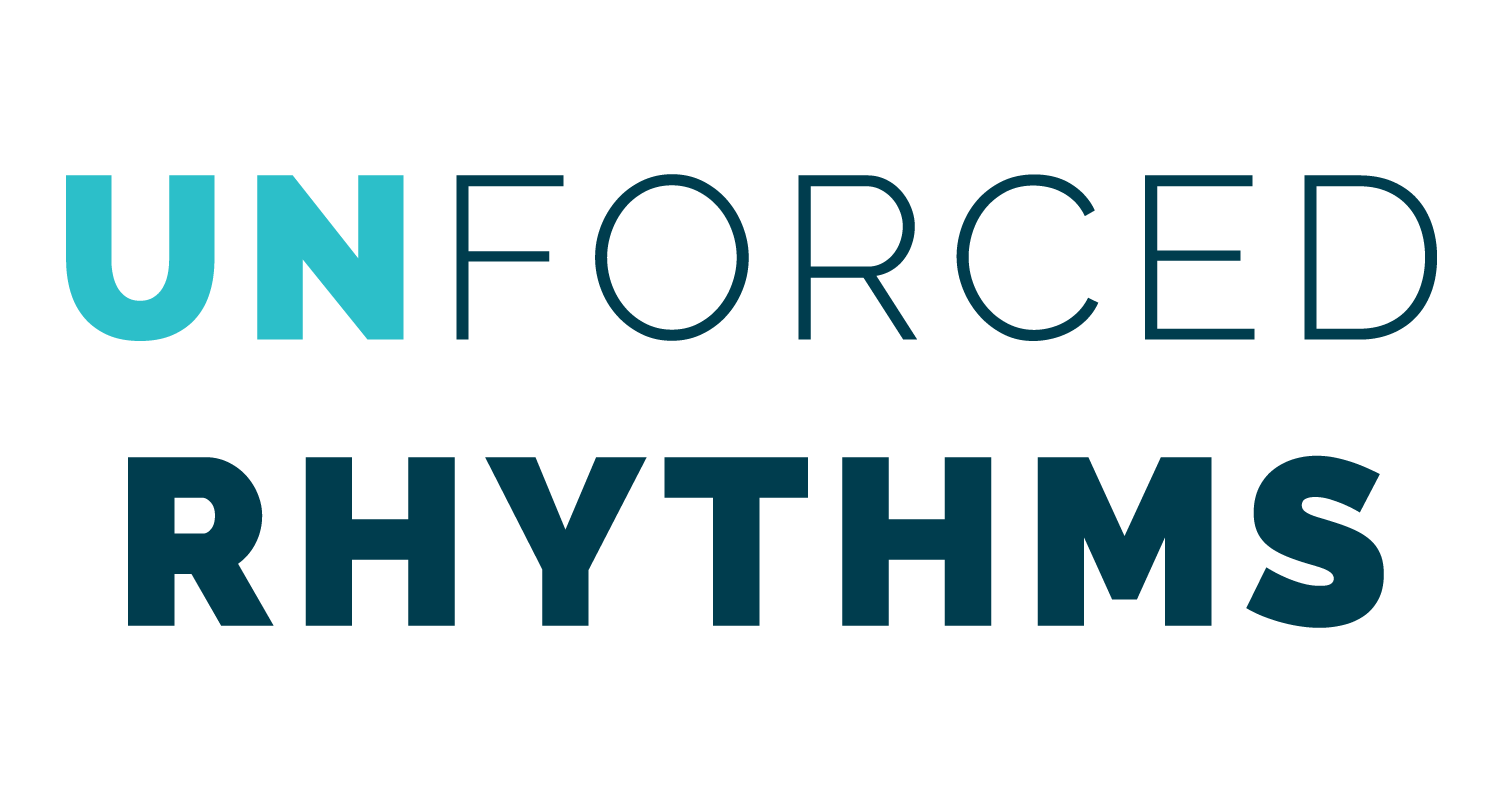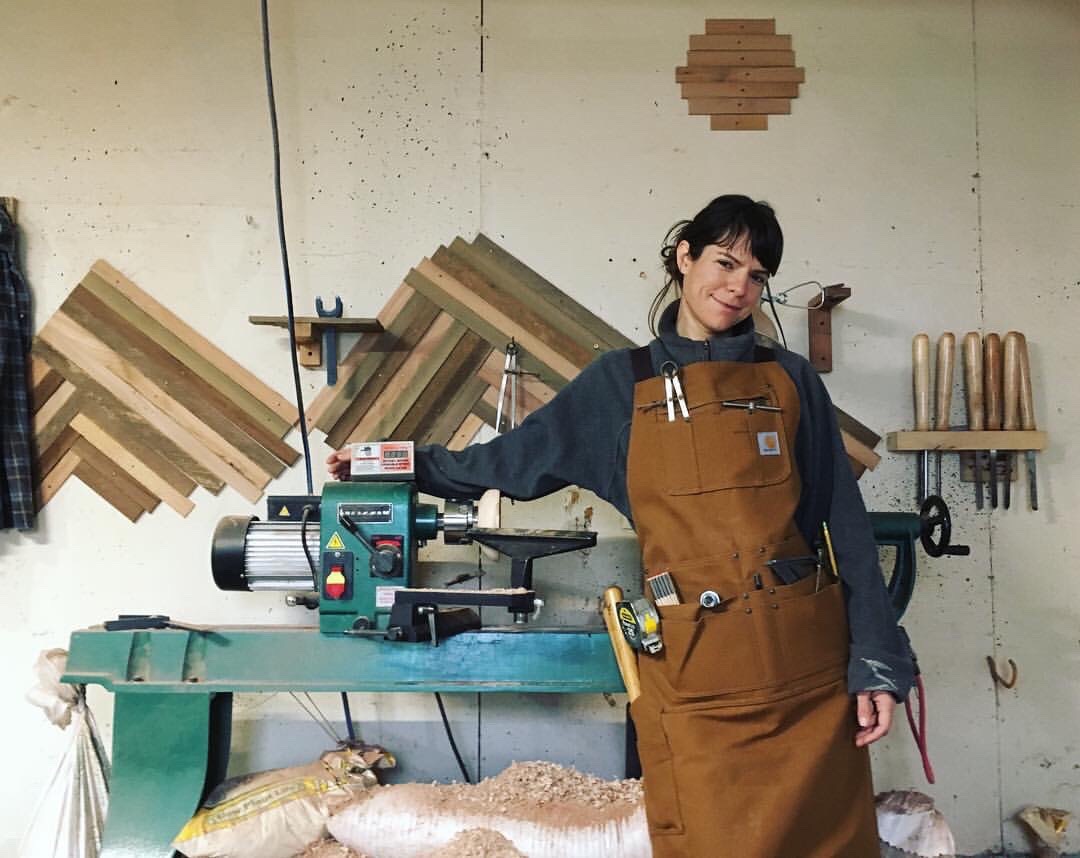While I grew up on a farm, my husband grew up around construction and carpentry, as his dad was a builder. Three out of our four grown children have picked up the woodwork side of the family and each has their own local business ranging from children's toys to wooden bowls and lamps to furniture.
They all have hand and power tools specific to their creations. While one uses a saw for cutting small intricate curves to make children's toys, another uses a power machine to plane large slabs of reclaimed lumber to create a dining table. Still another uses a lathe to create a round lamp or a bowl.
The tool matters to the desired outcome.
Just as there are specific tools necessary to create a bowl, a table, or a toy, there are practices and tools available to participate with the Spirit’s work in our lives.
The Spirit does his part deep within (transformation) while we do our part (engaging the practices and/or tools). Together we work to bring about wholeness, the way God pictured us from the beginning, wholly his. (Philippians 2:12-13)
The answer to the first Big Question to Experiencing Wholeness - where is God leading me to change - should be the determining factor in choosing what tool or practice makes sense.
What is the desired outcome? What’s in your toolbox that can assist you?
Everyone’s toolbox has the Bible and prayer available for any situation you find yourself in. They are the essentials. God’s Word’s has authority to convict, equip, and empower towards wholeness. Prayer is the heart connecting with God, whether seeking guidance, rejoicing in gratitude, making an appeal, expressing grief, celebrating in joy, calling for protection, giving thanks, or seeking forgiveness. The Word and prayer are two powerful tools, both offensive in warding off the enemy's tactics.
There are also other tools that strengthen the Spirit's work:
time away to focus • solitude • connecting in community • offering hospitality • loving the marginalized, lonely, and hopeless • confessing sin to God and another • writing out thoughts to process life • rest • creative drawing • abstaining from certain foods or beverages for a season to give more focus to connecting with God • scripture prayers • giving of time, finances, or service • choosing trust rather than doubt • putting off fear • developing faith and trust • acknowledging and renouncing the lies of the enemy • choosing to believe and live out truth • developing a fruit of the Spirit • shared experiences • worship • reading Spirit-led books • scripture memory • walking in nature • centering prayer • creative writing
What other tools have you used on your journey of growing in faith and wholeness?
If a certain practice or tool is not producing wholeness and Christlikeness, then consider setting it aside and ask God to highlight a different tool that will assist you in participating with His transforming work in your life.
Tools are only tools. They have no value in and of themselves.
Their value is in what they produce.
Tools assist us on the journey, but it's only God who transforms us into beautiful creations.
Listening to the Spirit's voice, surrounding ourselves with community, and utilizing the tools available to grow are all important towards wholeness, but there's one more question that fleshes all this out. Next week we'll take a look at the fourth Big Question to Experiencing Wholeness. Transformation is not only for our sake, but for the sake of others.




